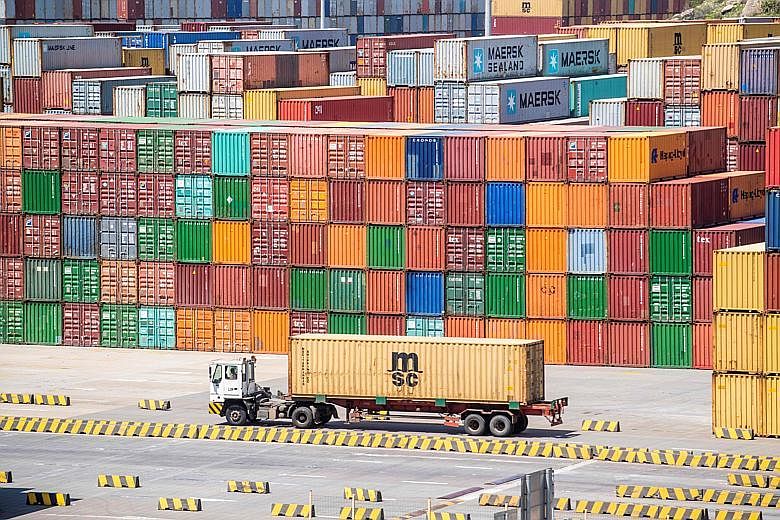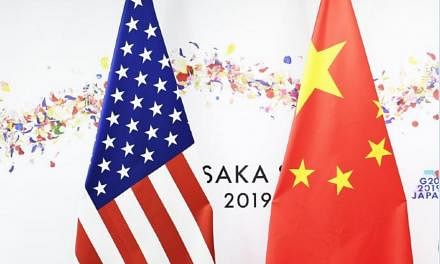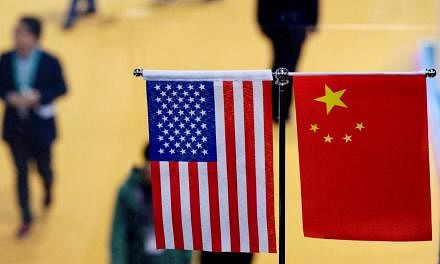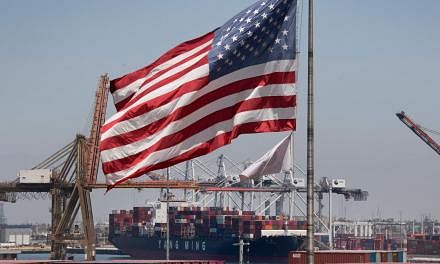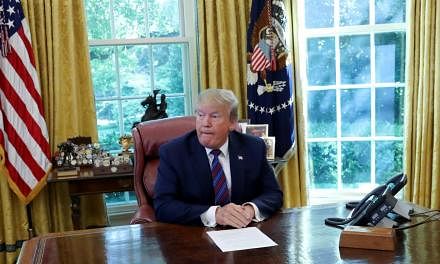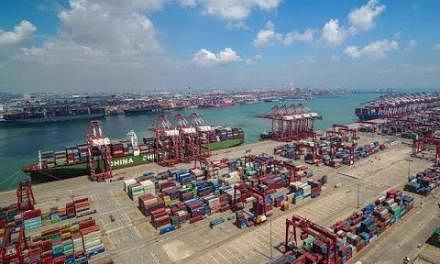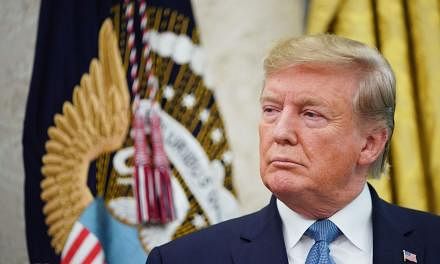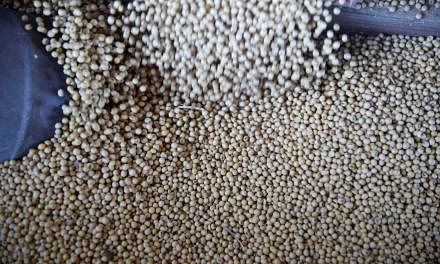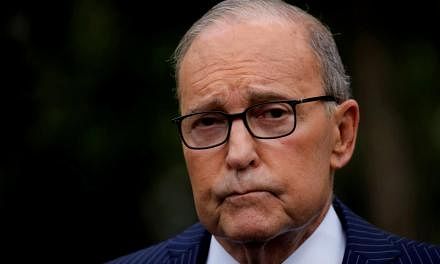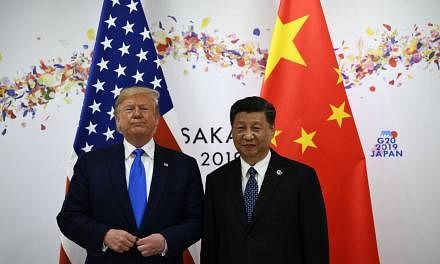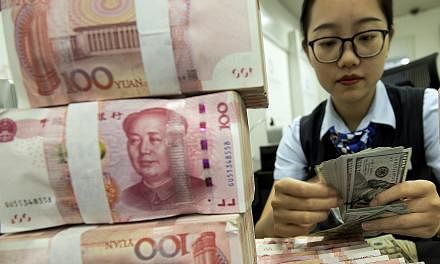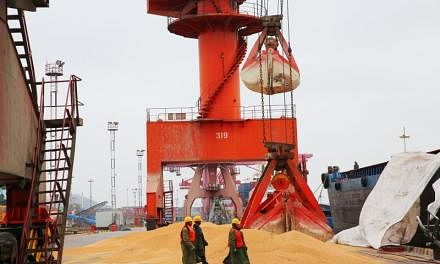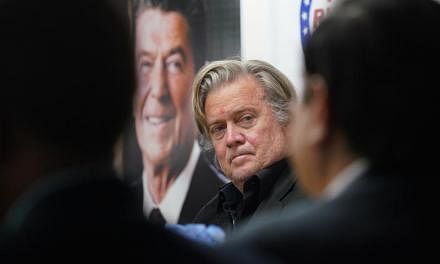BOAO (Hainan) - Participants of a major economic forum have warned against the unintended consequences of the escalating trade tension between China and the United States, including a slowdown of growth in Asia should the Chinese economy flag.
If trade friction with the US leads to a decline in China's growth, this will affect Asian countries, Asian Development Bank chief economist Yasuyuki Sawada pointed out on Monday (April 9).
He added that a one percentage point slowdown in the Chinese economy "will slow down Asian growth by 0.3 per cent".
Former New Zealand prime minister Jenny Shipley also warned against protectionism, saying it was counter-productive and destructive.
She noted that the conversation appeared to be only about the US and China.
"We are hardly having a regard for the implications as it flows through the global economies," she lamented during a session on Monday at the annual Boao Forum for Asia. The four-day forum is being held in Boao in China's southern Hainan province.
It is the "small people" who get hurt "when prices go up and inflation becomes the result of the protecting", Mrs Shipley said, adding: "It hurts ordinary citizens and small and medium-sized businesses and their confidence to continue."
China and the US are embroiled in a tit-for-tat trade spat with Washington threatening tariffs on Chinese imports to balance a huge deficit and get Beijing to stop what it deems unfair trade practices.
China has matched each US threat in terms of the amount of trade that will face increased tariffs. It has imposed tariffs on US$3 billion (S$3.94 billion) worth of American goods ranging from pork and wine to steel pipes.
However, tariffs on another US$50 billion worth of US goods will be implemented only if the US imposes tariffs on about the same amount of Chinese imports, pending public hearings for US businesses next month.
At the same session, Chinese Vice-Minister for Commerce Qian Keming said China did not want to engage in a trade war but was not afraid of one.
All eyes will be on Chinese President Xi Jinping on Tuesday (April 10), when he gives the keynote speech at the official opening of the forum touted as Asia's Davos.
A Bloomberg commentary said Mr Xi would be "reassuring the hundreds of foreign investors present (at Boao) that US protectionism won't produce the same in the world's second-largest economy".
Mr Xi had, in his speech at the World Economic Forum in Davos last year, defended economic globalisation as the US turned protectionist under President Donald Trump.
Panelists at Monday's session on Asian integration called for free trade that is also fair.
"Globalisation is an irreversible historic process," said Mr Qian. The world needed to work together to safeguard opportunities and create new ones so that "the new type of globalisation will be more inclusive and fairer", he added.
Mrs Shipley noted that Asia has a mix of very advanced economies, those that are growing very rapidly as well as those that are in early stages of development, whether in infrastructure, confidence or architecture of their governments.
She urged leaders shaping the integration of the region to avoid the risks of large economies rising and leaving others behind. But there was no question of the need for the region to integrate, she said.
"The integration of Asia is imperative for peace and stability and prosperity," she said. Failure to do so had very significant risks, as demonstrated in North Africa and its relationship with Europe, she added.
